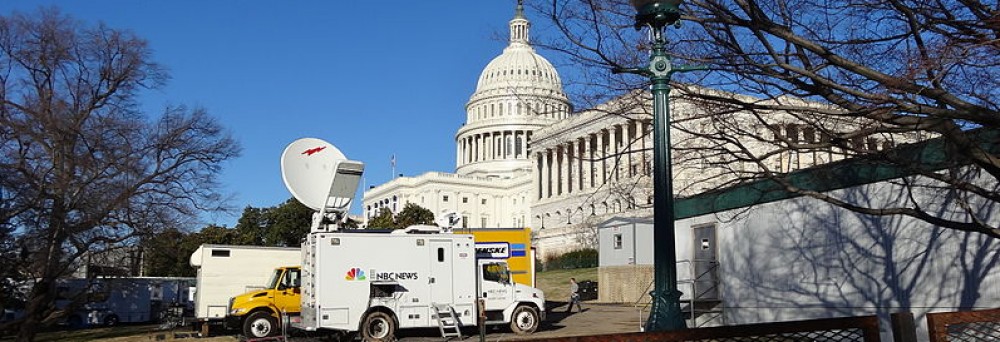Posted April 20, 2017
By ALISON GOEBEL
Parking congestion on South Beach has always been a headache, but now it’s not just the lack of parking that’s a problem, it’s the price as well.
All parking meters south of 23rd Street, from Ocean Drive to the westernmost parking lane of Alton Road, between South Pointe Park and 17th Street; and from 17th Street to 21st Street from Alton Road to the westernmost parking areas along Purdy Avenue and to Biscayne have increased their hourly rates from $1.75 to $4 per hour in most areas due to the high demand of tourists and locals traveling to and from South Beach.
Working a minimum-wage job won’t even give you two hours of metered parking for an hour of work in South Beach.
Daily rental rates for parking space increased significantly from $17 to $31.50 for valet and from $10 to $25 wherever there is a construction zone or a special event.
Parking garage rates, according to the City of Miami Beach, have not increased and have remained $1 an hour.
City officials urge people to take advantage of these garages when they can because they would be saving about 75 percent of their money parking in a garage instead of curbside meters.
A South Beach parking official named Michael Castillo said that the city issues a large number of tickets.
“We give out a decent amount of tickets here in South Beach, most of them just being from not paying their meter or giving it enough money. Luckily parking tickets are only $18 if you pay it off before the deadline,” Castillo said.
A parking ticket in South Beach is actually less than the $20 valet price offered at hotels and restaurants.
Hotel garage parking is usually around $35 per night and those parking garages are always going to be more expensive, starting at $3, $4 and $5 an hour or more.
“Being valet at the Holiday Inn, you get a lot of people staying at the hotel that want their cars parked but you also get people who aren’t staying at the hotel that want their cars parked too,” said Nicolas Rizzo, an employee of the valet service at the Holiday Inn.
These garages are where tourists and locals are forced to park if other public garages are full, which is the case most of the time.
According to Miami Beach Commissioner Deede Weithorn, the intentional pricing strategy was designed to cut traffic.
Weithorn’s logic behind raising the prices of parking was that less people would pay that money to park there, when the reality of the situation is, the traffic is still just as bad.
The real logic behind this is that tourists are tourists and they will pay whatever they have to, whether it’s cheap or not.
She said that the parking funds will go to “fund transportation initiatives such as our free trolley system,” while they also hope to “modify parking behavior to encourage the use of city garages and surface lots.”
With the lack of a local transportation system other than Metro-Dade buses, it makes it nearly impossible for tourists and locals to travel to South Beach if they don’t have a car.
This also creates parking issues due to the fact that there most people in Miami don’t like to take public transportation.
A local named Patty Nelan lives in Miami and prefers her car despite the parking problems.
“I would rather drive [to South Beach] even if it takes me twice as long to find a parking spot. I like to drive and be comfortable in my own car rather than be on buses with sketchy people,” Nelan said.
The City of Miami Beach has made efforts to make parking more feasible, one of the ways by extending parking from 9 a.m. to 3 a.m. but that doesn’t seem to be helping the problem.
The city also claims to have more than 12,000 public parking spots available in the City of Miami Beach.
According to The Miami Herald, in the year 2015, there were 7.75 million people that traveled to Miami Beach.
That means that each day there are, on average, more than 20,000 tourists that travel to Miami Beach, and that’s not even including the locals that already live or travel there.
A local employee of a parking lot on South Beach named Jorge Hernandez said that business is booming for him. “When the city raised the prices of parking, we did too. You go with whatever everybody else is doing,” he said.
With parking limited to 12,000 spots in total and more than 20,000 people just including tourists, lack of parking is a clear and present problem.
Other ways that the City of Miami Beach has tried to make parking easier to access is by having “Pay by Phone” applications that you can download to your phone and pay for your parking that way.
This comes in handy so that you don’t have to run back to your car to add a few dollars, you can do it right off of your phone as long as you have an existing credit or debit card.
There is no limit on how long you can be in a single parking space as long as you pay the fee and move your car to another location by the time parking hours end.
Even with all of the efforts going into making South Beach parking as painless as possible, the city is still having a hard time meeting the demand for parking and raising the prices is not the solution.
